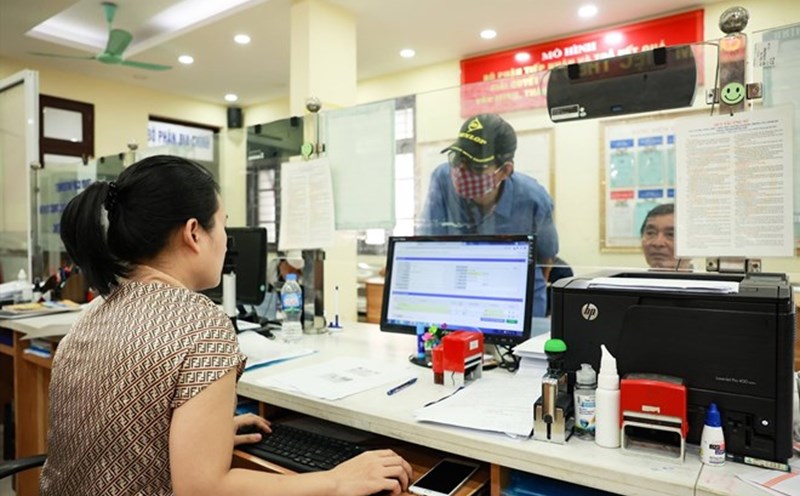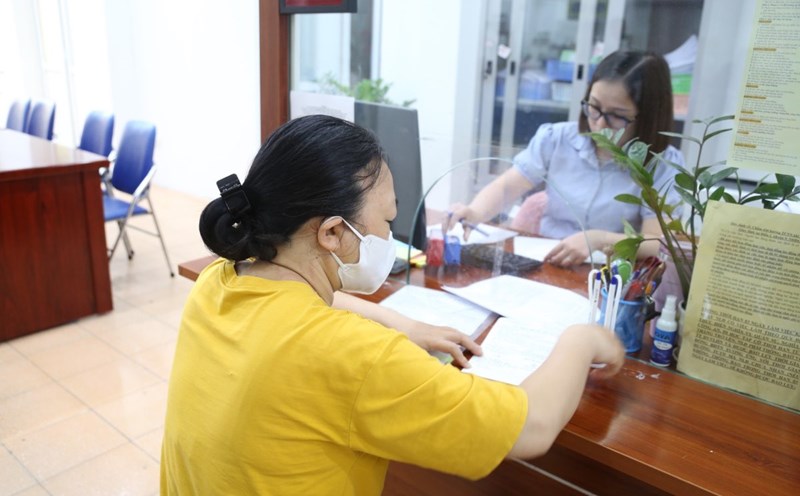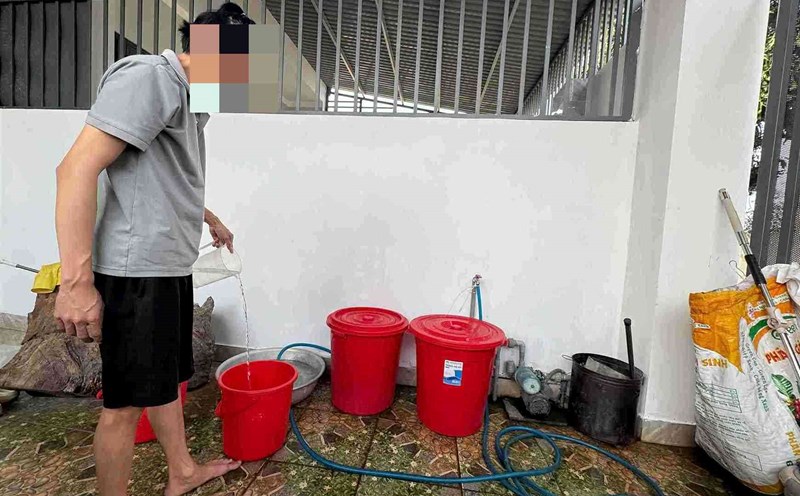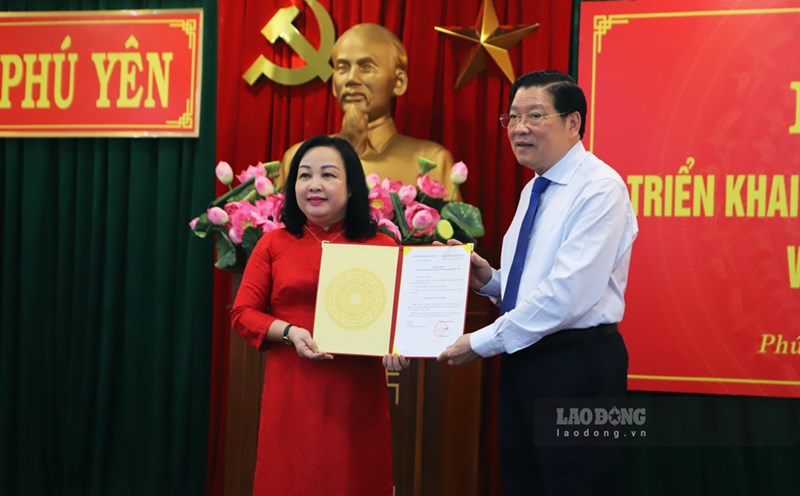The Ministry of Home Affairs has completed and sent its opinions on the draft Submission and draft Law on Cadres and Civil Servants, which are expected to be submitted to the National Assembly at the 9th session.
One of the notable points is that the draft Law supplements regulations on testing to implement the mechanism of screening teams according to the principles of competition, entrance, exit, increase, decrease.
This mechanism aims to solve the situation of avoidance, pushing, and delay; the mentality that the state is safe, the elimination mechanism is not strong enough; ensure the building of an elite, quality, virtuous, and talented team to serve the Party, the country, and the people (Articles 13, 14, and 26).
First of all, the proposal for testing and competition is a positive signal for the administrative reform process, aiming to eliminate sluggishness, delays, avoiding tasks or relying on the "life-safe" mechanism.
The fact that a number of cadres and civil servants have long been destined to "come to the State to enjoy a peaceful life" has partly caused a psychology of complacency and lack of motivation to contribute.
The assessment mechanism, if implemented seriously, will create necessary pressure, forcing each person to strive to improve work efficiency, meeting the specific requirements of the job position.
In other words, the policy of "emulation, competition with elimination" will purify individuals who are not qualified and have poor sense of responsibility, both improving the quality of service to the people and optimizing the apparatus.
However, the challenge is: How to make the test transparent and objective, avoiding "turning a general" into an emotional or personal revenge purification tool?
Another concern is the "unstable" mentality that can arise among the staff and civil servants, when they are afraid of losing their positions, thereby leading to the need to follow "tech thuat" to deal with it rather than being real during the work process.
For traditional civil service that is used to stability, issuing regulations on testing and competition can be considered a strong "digital transformation".
However, to bring about the desired success and benefits for this "digital transformation", the Ministry of Home Affairs, in the process of law making, needs to carefully survey and listen to the opinions of many parties: from the cadres, civil servants, experts to the people who enjoy public services.
Only then can this mechanism truly meet the goal of "eliminating the mindset of civil servants for life", improving service quality instead of just stopping at documents.
Any reform related to rights, whether big or small, and the professional fate of millions of cadres and civil servants requires careful steps.
Dismantling the mentality of civil servants for life is not only about eliminating restraint but also opening up opportunities to create an elite, capable team that dares to compete and strive to contribute.
There will be a big challenge when testing, but if it is overcome, this will be an important boost in the roadmap to improve the efficiency of the public authority apparatus, meeting the increasingly high expectations of society.












